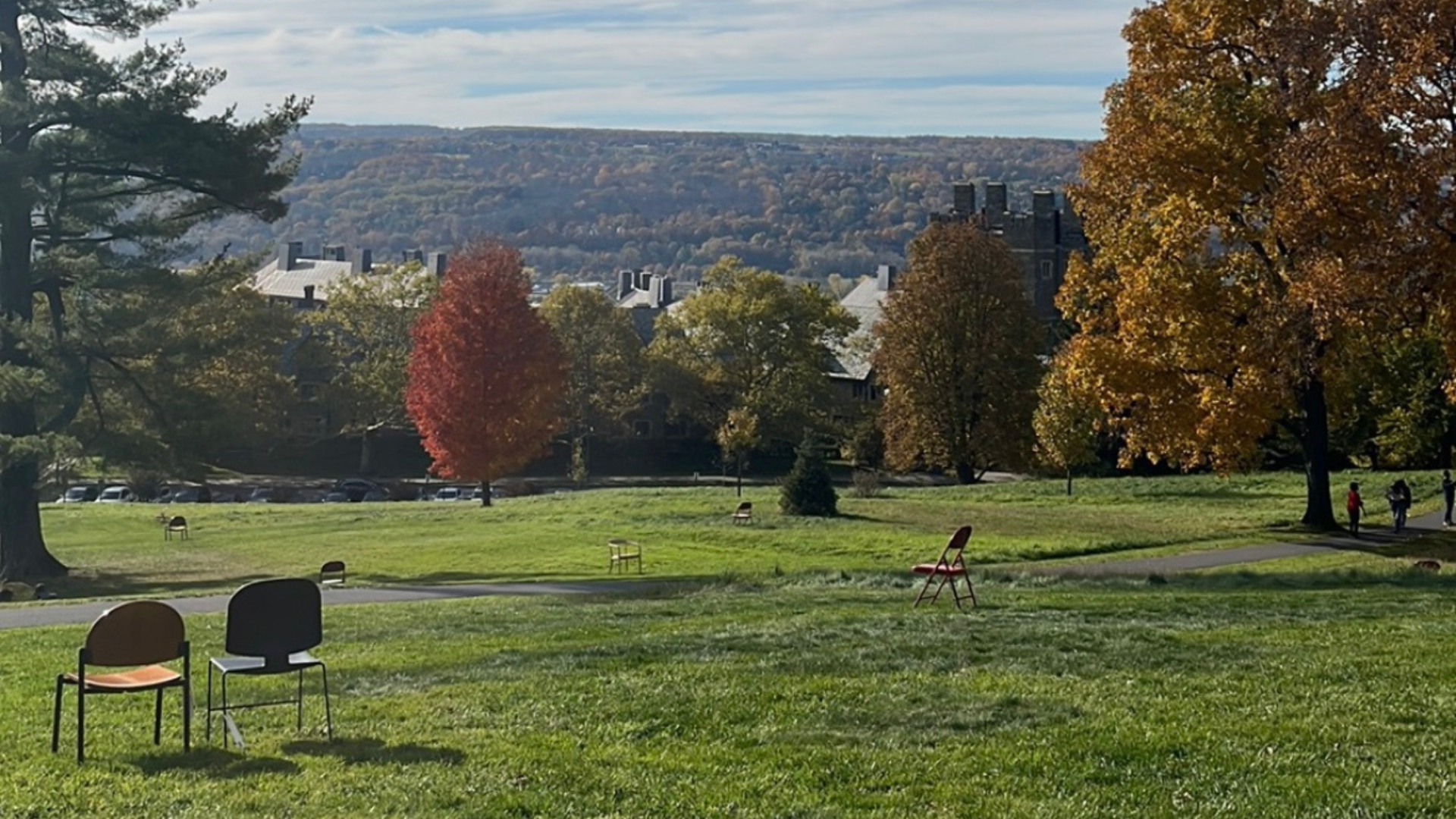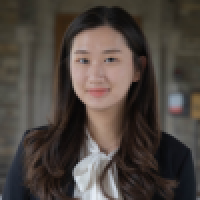From Transfer Student to Student Advisor

Blog Post
I was excited and nervous when I first came to Cornell as a transfer student. Meeting my faculty advisor, Laura Schoenle, during the transfer student orientation became the beginning of a meaningful relationship that shaped my academic journey.
Laura completed her Ph.D. at Virginia Polytechnic Institute, the same university I was transferring from, giving us an instant connection. Throughout the semester, I often stopped by Laura’s office in Stimson Hall to connect with her. Our conversations were never strictly limited to my major in biological sciences; we explored shared interests in the humanities, particularly my desire to minor in inequalities studies. Laura was sincerely curious about the humanities classes I was taking, and I enjoyed answering her questions.
Laura was not my only source of support at Stimson Hall. The office was home to several other biology faculty advisors. Beth, a former faculty advisor in The Office of Undergraduate Biology (OUB), offered me advice during my challenging time with an organic chemistry course. Her perspective on dropped courses stopped me from viewing dropping as a failure and helped me realize it could be a strategic decision to prioritize my long-term academic success and well-being.
As my first year progressed, Laura became an assistant director and coordinator in research and honors. My transition to a new advisor was handled smoothly through a Zoom meeting where Laura, my new advisor Amy Drumluk, and I gathered to discuss my academic paths and needs, ensuring my advising experience remained seamless.
I still connect with Laura regarding issues like finding research labs, contacting the principal investigators, possibly conducting an Honors Thesis, and learning the differences between independent studies and a thesis. Simultaneously, I lean on Amy’s expertise to discuss course selections, timing, and post-graduation plans. While actively searching for class recommendations for the upcoming semester, Amy referred me to the student advisors in OUB. The student advisors shared their valuable experiences, course options, and feedback on the classes. This interaction was a prime example of how the advising community can be extended beyond the faculty members and into the student body.
My support network, including Laura, Beth, Amy, and the student advisors, played a critical role in my academic journey. They encouraged me to take courses at a pace that suited me, approach professors during office hours, and seek assistance from teaching assistants or any other resources when needed. Their guidance improved my academic performance and boosted my confidence as a person. When I reached senior year, I wanted to pay that help forward, and I became a student advisor myself. Today, I’m a student advisor, mentoring and guiding other students who need support.
During my journey, I grew from being a lost transfer student to a confident student advisor. I’ve learned to appreciate the significance of academic advising in my academic career and personal life. I realize it’s not just about course selection or my career; it’s about building meaningful connections, seeking guidance, and growing as a student and individual. I am proud to have become a part of the academic advising community and to help students who feel like I did as a new student.

